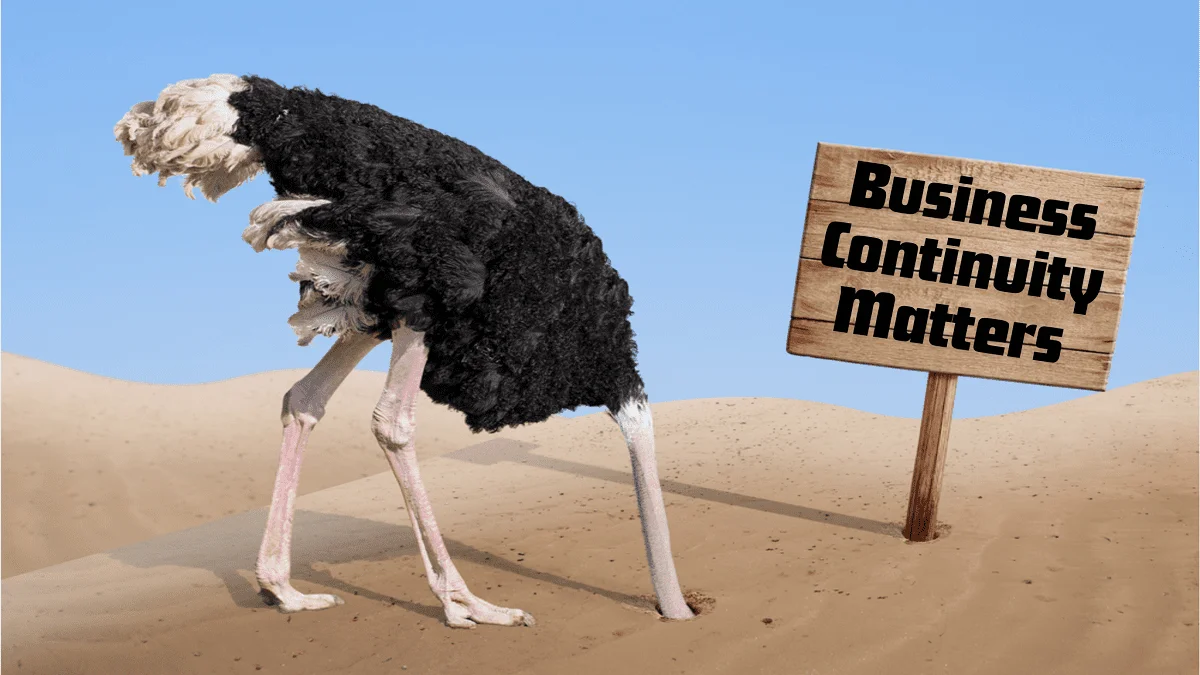Before the pandemic, effective risk management was already a critical driver of organizational success. Yet many leaders struggled with the “ostrich syndrome”—a reluctance to face uncomfortable truths, opting instead to avoid or delay tough decisions.
This avoidance often took shape as denial of emerging threats—technological shifts, economic instability, or operational vulnerabilities. Rather than addressing risks head-on, some organizations chose to wait, hoping issues would resolve themselves or be handled by others.
While this approach may have offered short-term comfort, it left businesses exposed and reactive. When COVID-19 struck, such organizations were caught off guard, lacking the agility and preparedness to respond effectively.
In today’s high-stakes, post-pandemic environment, ignoring risk is no longer an option. Resilience is not a luxury—it’s a necessity.
Resilient organizations embrace the inevitability of disruption. Instead of hiding from it, they build cultures grounded in:
- Transparency
- Agility
- Proactive planning
- Early risk detection across all levels
These organizations develop robust business continuity strategies and empower employees to voice concerns early. When crises do hit, they act swiftly using pre-established response frameworks, real-time intelligence, and fact-based decision-making. Crucially, they learn and adapt—becoming stronger each time.
Overcoming the ostrich syndrome demands bold leadership. It requires the willingness to confront difficult realities, to innovate under pressure, and to lead with humility and openness. True resilience is built when leaders challenge assumptions, encourage diverse perspectives, and embed data-driven thinking into everyday operations.
In a world defined by disruption, organizations have a clear choice:
- Confront challenges directly
- Retreat into denial and risk irrelevance.
The resilient will survive. The rest may not.




